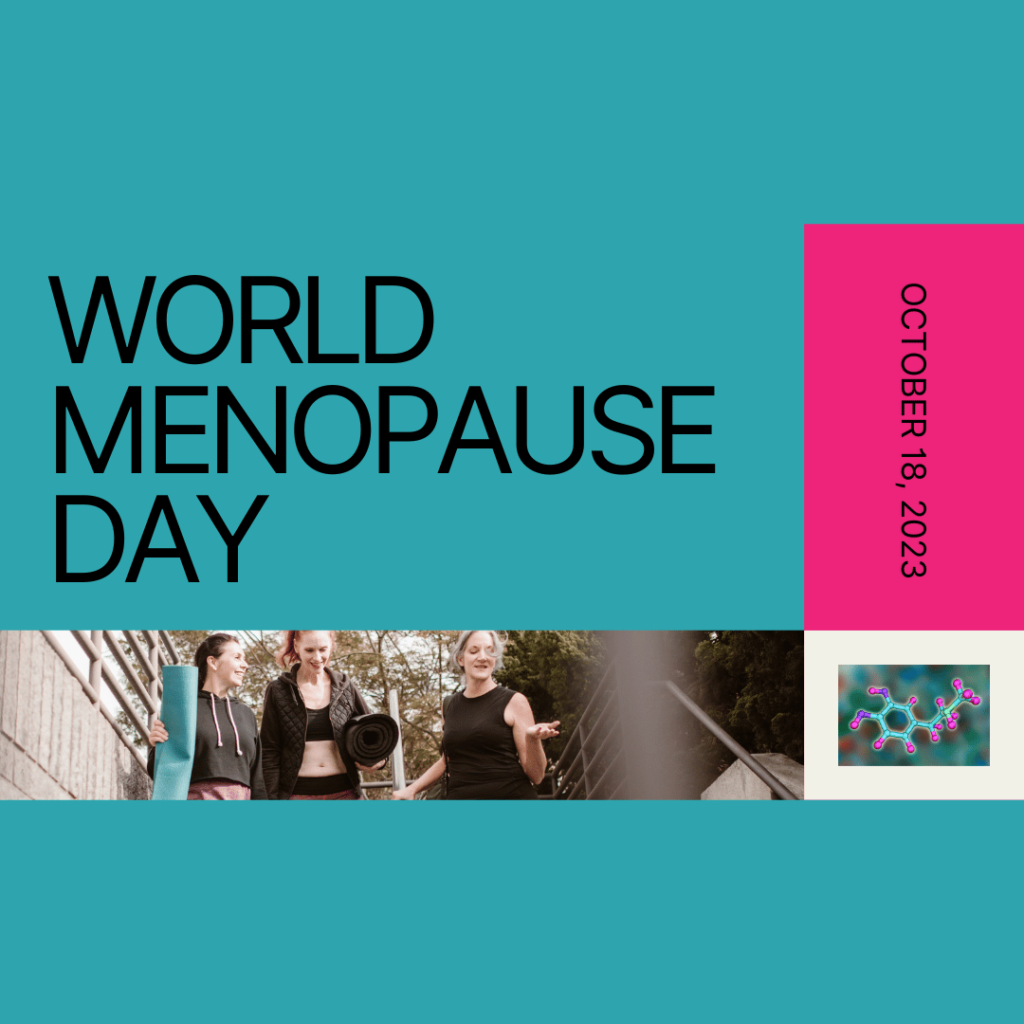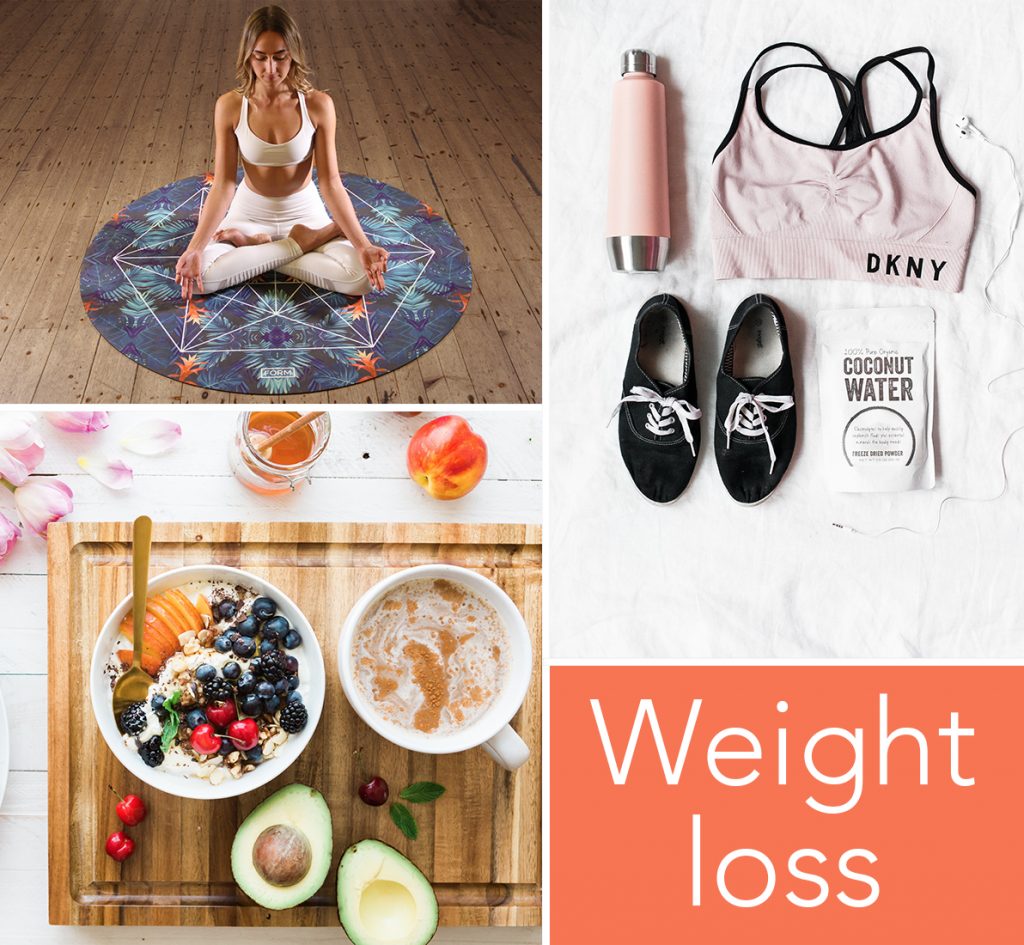Unlocking the Secrets of Perimenopause and Beyond with Diet and Nutrition

Discover expert insights from renowned Dietitian Gillian Killiner. Learn how diet and nutrition empower women during perimenopause and beyond. Diet and Nutrition: Your Best Allies in Perimenopause and Beyond It’s crucial to recognize the profound impact that diet and nutrition can have on a woman’s journey through perimenopause and the years that follow. Who better to shed light on this topic than Gillian Killiner, a globally respected dietitian, who at 50 + yrs with an autoimmune disease, stands as a testament to the power of a personalised approach? Why Does Diet Matter During Perimenopause and Menopause? Perimenopause, is the term used for the transitional phase before menopause. This for many women comes with a suckerpunch of challenges such as hormonal fluctuations, weight gain, low mood and increased risk of osteoporosis. Definately honing in on a well-balanced diet can significantly assist these symptoms and promote overall physical and mental well-being, but this is just one of several areas that may need to be revisited and tweaked or indeed overhauled and this is something that we offer as part of our programmes to our patients @ 121 Dietitian. As many ladies find out, no one diet suits all, so we design programmes to ensure they work with each individual with their specific needs. Understanding the Science Behind Perimenopause Challenges Perimenopause is a natural biological process that every woman goes through as she approaches the end of her reproductive years. This phase, typically starting in a woman’s mid-40s, but can be earlier than this. If much earlier than this is different and called premature ovarian failure. Perimenopause is characterized by a series of hormonal fluctuations as the body gradually ceases to produce eggs for fertilization so reproduction stops. These hormonal changes, bring about a host of challenges that need to be accepted and suitably addressed. 1. Hormonal Fluctuations: Estrogen, is one of the primary female sex hormones, and plays a pivotal role in regulating the menstrual cycle and maintaining reproductive health. It is the most talked about and promoted hormone at this stage of life. Interestingly during perimenopause, progesterone declines before oestrogen starts to fluctuate, and this is an extremely important part of the hormonal picture often overlooked. From years of researching and teaching about menopuase and diet Gillian is always astounded at how other hormones including progesterone and testosterone are left out or not considered when checking in with women, blood levels and their symptoms, oestrogen the focus hormone and the following areas selected below highlight this. 2. Weight Gain in Menopause: Weight gain is a common concern during perimenopause and can be attributed to several factors, including hormonal changes, decreased metabolism, and lifestyle shifts. Again in the literatue the focus is on Estrogen, and how it is influences body composition and fat distribution. “As estrogen levels decline, women may experience an increase in abdominal fat. A study published in Obstetrics & Gynecology 2 delved into the hormonal mechanisms affecting body composition during perimenopause, emphasizing the significance of a healthy lifestyle, including diet and exercise, in managing weight gain”. Nothing about how progesterone actually assisting metabolic function, mood, sleep and menopausal weight gain. 3. Increased Risk of Osteoporosis in Menopause: Another Estrogen focus is on bone health and how it is essential for maintaining bone density and strength. “During perimenopause, the reduction in estrogen levels can accelerate bone loss, leading to osteoporosis—a condition characterized by fragile and porous bones. Research studies, such as those published in the Journal of Bone and Mineral Research 3, have extensively investigated the link between estrogen deficiency and osteoporosis, emphasizing the importance of adequate calcium intake, vitamin D supplementation, and weight-bearing exercises to support bone health during and after perimenopause”. No mention of Progesterone when we know Progesterone, can promote the production of osteoblasts which are required to effect new bone formation. Natural progesterone has been shown to stimulate osteoblast-mediated new bone formation which is required to prevent and reverse osteoporosis Here is a video on osteoporosis you might find helpful. Gillian is passionate on getting the correct information to her patients and for the past 15 years been highlighting the need to address more than just oestrogen depletion. In fact she helps 100’s of women each year with hormonal issues including, cortisol, testosterone, insulin resistance, oestrogen dominance and more. Understanding these physiological changes at a scientific level underscores the critical need for proactive measures to support women’s health during perimenopause, menopause and after. This blog has only scratched the surface. A balanced lifestyle and a diet rich in essential nutrients, along with regular physical activity, not only alleviates these challenges but also ensures women can embrace this natural life transition with confidence and vitality. By leveraging the insights provided by scientific research, women can make informed choices about their diet and lifestyle, ensuring a smoother journey through perimenopause and beyond. Something that our mothers and grandmothers didn’t have the luxury of. Gillian Killiner’s Top Expert Tips: FAQs About Diet and Perimenopause: Q1: Can diet really impact menopausal symptoms? A1: Absolutely! A balanced diet can help manage weight, reduce hot flashes, and support emotional well-being during this phase. Q2: Are there specific foods to avoid during perimenopause? A2: Limit caffeine, alcohol, and super spicy foods as they can trigger hot flashes and disturb sleep, subtle spices can be antinflammatory. Q3: Is exercise important alongside a balanced diet? A3: Yes, regular exercise complements a healthy diet, enhancing overall fitness, builds muscle, bone health, reduces fat and enhances mood stability. The Importance of Nutrition Beyond Menopause: With aging, the body’s nutritional requirements evolve however we should allow Menopause to mark the beginning of a new chapter. It can be scary for all women. Gillian Killiner -” for me in my 50’s with no functioning thyroid and a very busy and hectic life, I am seeing the start of physical changes that I will monitor and maybe update you on! So far I have not changed in clothes size from size 8 since I was age 18 so for
Weight Loss – are you struggling?

The Complexities of Weight Loss: Hormonal, Stress-related, Dietary, and Exercise Factors In the quest for successful weight loss, numerous factors can act as barriers, hindering progress and leading to frustration for many individuals. As experienced Registered Dietitians, we understand that weight management is not simply about counting calories. Rather, it involves a deeper understanding of the intricate interplay between hormones, stress, diet, and exercise. In this blog, we will touch on the reasons why some people struggle to lose weight successfully, exploring the complexities that underlie this challenge. Weight loss and Hormonal Imbalances Hormones play a pivotal role in regulating various bodily functions, including metabolism and appetite. Several hormonal imbalances can negatively impact your weight loss efforts. For instance: a) Insulin resistance: Insulin is a hormone that regulates blood sugar levels. When cells become resistant to insulin, it becomes harder for the body to process glucose efficiently, leading to weight gain and a potential risk of developing type 2 diabetes and resistant weight loss. b) Leptin and Ghrelin: Leptin is responsible for signaling satiety, while ghrelin stimulates hunger. Hormonal disruptions in this delicate balance can result in overeating and a decreased ability to feel full, making weight loss a challenge. c) Thyroid disorders: An underactive thyroid (hypothyroidism) can lead to a slowed metabolism, making weight loss more difficult. Gillian herself has no thyroid function and overcame her issues with her nutrition, medical knowledge, and research (Gillian’s Story). Stress and Cortisol in Weight Loss Chronic stress triggers the release of cortisol, commonly known as the “stress hormone.” Elevated cortisol levels can contribute to weight gain, particularly around the abdominal area. We see this in so many patients who just can’t switch off at night but have ongoing fatigue. Emotional eating triggered by stress or seeking comfort can result in overeating, hindering weight loss progress and fueling a cycle of dissatisfaction and anxiety about losing control. Poor Diet Choices A diet lacking in essential nutrients and filled with processed foods, high in refined sugars, and unhealthy fats can sabotage weight loss goals. Interestingly those who have been a slave to the sugar-free, fat-free food camp can also be impacted with weight gain instead of weight loss. Such diets often fail to provide the body with the necessary nutrients for optimal metabolism and energy levels. Poor diet can change gut bacteria negatively and impact the gut-brain connection. Additionally, fad diets that promise rapid weight loss tend to be unsustainable. They can lead to a cycle of weight regain and feelings of guilt, failure, and misery. Weight Loss and Lack of Exercise Physical activity is a critical component of successful weight loss. Regular exercise not only helps burn calories but also boosts metabolism, preserves lean muscle mass, and enhances overall mood and well-being. A sedentary lifestyle, on the other hand, can contribute to weight gain and exacerbate hormonal imbalances. Paying a large sum of money for a personal trainer or gym membership is actually not necessary. Engaging in free activities that are easy to do regularly is much more beneficial than pushing oneself to the limit at odd hours of the day, risking injury or being unable to sustain the routine due to time constraints, fatigue, or financial limitations. Underlying Medical Conditions As discussed in my last blog certain medical conditions, such as polycystic ovary syndrome (PCOS) and Cushing’s syndrome, can impact weight management. Addressing these conditions by working with a Dietitian and a medical specialist is vital for successful and sustained weight loss. Weight loss and Emotional and Psychological Factors Weight loss is not solely physical but also an emotional and psychological journey. Past traumas, low self-esteem, and negative body image can influence behaviours related to food and exercise. Believing in your worthiness and capability to tackle these issues with the guidance of a dietitian, along with addressing any psychological factors through counseling or therapy if necessary, can promote long-lasting weight loss success. Conclusion As registered Dietitians, we understand that successful weight loss goes beyond a one-size-fits-all approach. Hormonal imbalances, stress, the wrong messages in the media or by well-meaning friends and family, poor dietary choices, and a lack of exercise can all act as barriers on the road to achieving weight loss goals. Recognizing the complexity of these factors and tailoring interventions to suit individual needs is crucial for promoting long-term success. 121 Dietitian have helped thousands turn their lives around. We work with you as an individual and treat you like a puzzle, piecing you back together. We truly love educating, supporting, and providing a holistic approach to health and well-being to create a healthier, happier, and more sustainable weight loss journey. So, what to do next or for anything else.. If you’re seeking support for weight loss, dietary health, or any other concerns, we’re here to help. Whether you want to improve eating habits, design a nutrition plan, or address hormonal health or sugar addiction, we’ve got you covered. If you’re unsure about the right program to choose, please reach out. We’re eager to assist you, your family, or friends with any nutrition-related questions, no matter how big or small. If you want to book your programme TODAY we would love to help you. You can book a 121 Dietitian Programme today by clicking on the link below Please share this blog with your family and friends on your social media channels. Do visit our YouTube Channel for more on keeping your health optimal. If you are interested in how I overcame my Thyroid Autoimmune Condition do check out the About section below Before you go please check out our 121 Dietitian Shop created specifically for optimising your health. Gillian x